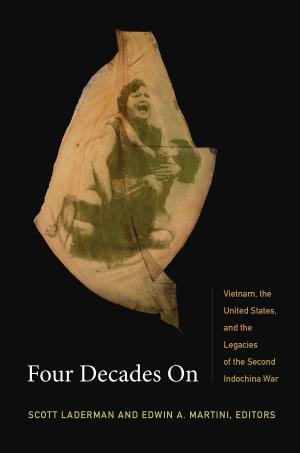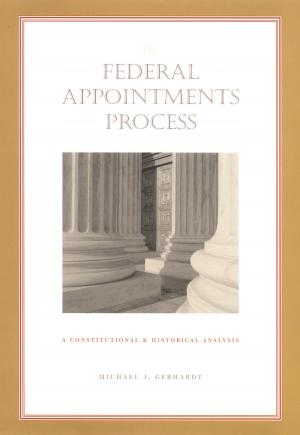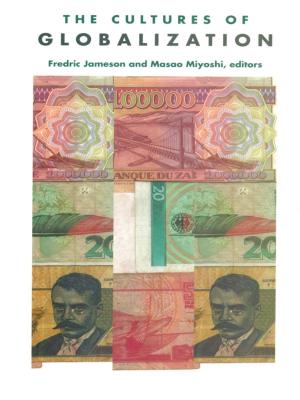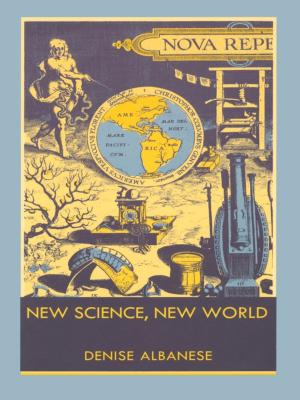Soundtracks of Asian America
Navigating Race through Musical Performance
Nonfiction, Entertainment, Music, Music Styles, Classical & Opera, Classical, Social & Cultural Studies, Social Science, Cultural Studies, Ethnic Studies| Author: | Grace Wang | ISBN: | 9780822376088 |
| Publisher: | Duke University Press | Publication: | February 15, 2015 |
| Imprint: | Duke University Press Books | Language: | English |
| Author: | Grace Wang |
| ISBN: | 9780822376088 |
| Publisher: | Duke University Press |
| Publication: | February 15, 2015 |
| Imprint: | Duke University Press Books |
| Language: | English |
In Soundtracks of Asian America, Grace Wang explores how Asian Americans use music to construct narratives of self, race, class, and belonging in national and transnational spaces. She highlights how they navigate racialization in different genres by considering the experiences of Asians and Asian Americans in Western classical music, U.S. popular music, and Mandopop (Mandarin-language popular music). Her study encompasses the perceptions and motivations of middle-class Chinese and Korean immigrant parents intensely involved in their children's classical music training, and of Asian and Asian American classical musicians whose prominence in their chosen profession is celebrated by some and undermined by others. Wang interviews young Asian American singer-songwriters who use YouTube to contest the limitations of a racialized U.S. media landscape, and she investigates the transnational modes of belonging forged by Asian American pop stars pursuing recording contracts and fame in East Asia. Foregrounding musical spaces where Asian Americans are particularly visible, Wang examines how race matters and operates in the practices and institutions of music making.
In Soundtracks of Asian America, Grace Wang explores how Asian Americans use music to construct narratives of self, race, class, and belonging in national and transnational spaces. She highlights how they navigate racialization in different genres by considering the experiences of Asians and Asian Americans in Western classical music, U.S. popular music, and Mandopop (Mandarin-language popular music). Her study encompasses the perceptions and motivations of middle-class Chinese and Korean immigrant parents intensely involved in their children's classical music training, and of Asian and Asian American classical musicians whose prominence in their chosen profession is celebrated by some and undermined by others. Wang interviews young Asian American singer-songwriters who use YouTube to contest the limitations of a racialized U.S. media landscape, and she investigates the transnational modes of belonging forged by Asian American pop stars pursuing recording contracts and fame in East Asia. Foregrounding musical spaces where Asian Americans are particularly visible, Wang examines how race matters and operates in the practices and institutions of music making.















